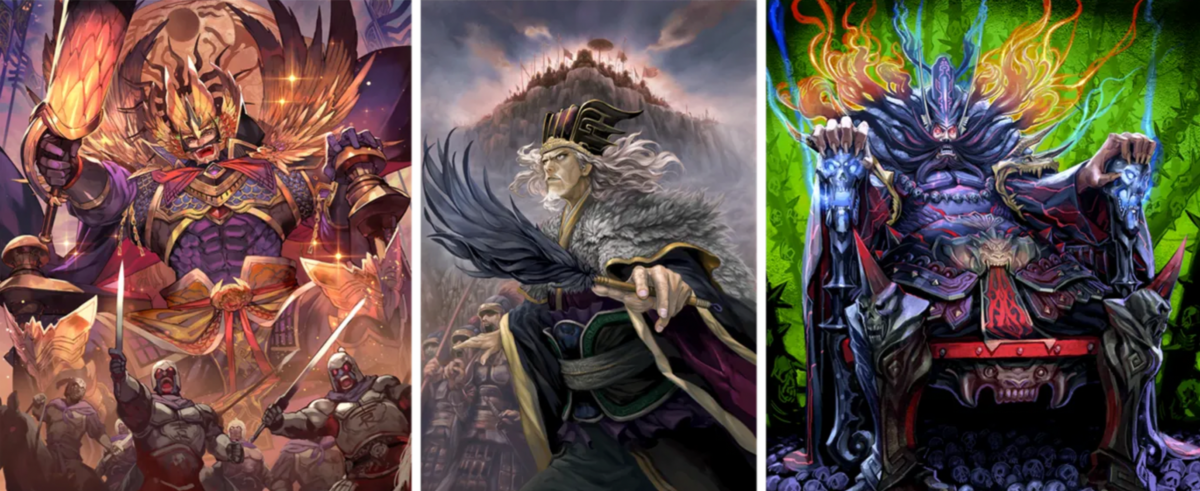In a surprising turn of events, Japanese gaming giant Sega has announced its withdrawal from blockchain initiatives, sparked by content devaluation concerns. Sega once championed blockchain-based gaming, most notably filing for a “Sega NFT” trademark in Japan in December 2021.
However, co-chief operating officer Shuji Utsumi has expressed disillusionment with the play-to-earn model of blockchain games, criticizing them as “boring” and “not fun,” according to an interview with Bloomberg.
A divided industry
The turnaround comes on the heels of Sega’s late 2022 partnership with Japanese studio DoubleJump.Tokyo to develop a blockchain-based card game on the Oasys Blockchain. The game was based on Sangokushi Taisen, a popular real-time strategy game usually played in Japanese arcades with physical cards. DoubleJump.Tokyo’s CEO, Hironobu Ueno, previously favored the game for its ability to “solve obstacles for gamers, offer fast transactions, and not pay gas bills.”

This backtrack also marks a departure from Sega’s “Super Game” project in 2022, which Utsumi says was seen as an ambitious drive to move beyond traditional game frameworks.
Sega’s decision to pivot away from blockchain reflects similar sentiments in the wider gaming industry. Notably, Valve has banned blockchain technology on its gaming platform Steam, as has independent platform Itch.io. Yet the industry is far from united on this issue.
Sega’s withdrawal comes on the heels of Square Enix announcing a partnership with blockchain gaming platform Elixir to promote “visibility and adoption of Web3 games among traditional gamers.” Prior to his departure, then-President of Square Enix Yosuke Matsuda had declared “aggressive investment” in blockchain technology and NFTs as part of the company’s vision.
In another notable development, EA and Nike are teaming up to bring dotSwoosh NFTs to future games, indicating that the gaming industry’s exploration of NFTs and blockchain is far from over.
The varying responses of major gaming companies to blockchain and NFT technologies are indicative of a rapidly evolving market. As Sega pulls back, others are stepping forward, making it clear that the industry is still figuring out how best to integrate the technology into their business models. As this dynamic continues to unfold, we’re getting a clearer picture of who’s really committed to the blockchain and NFT revolution in gaming.
Editor’s Note: This article was written by an nft now contributor in collaboration with OpenAI’s GPT-4.

